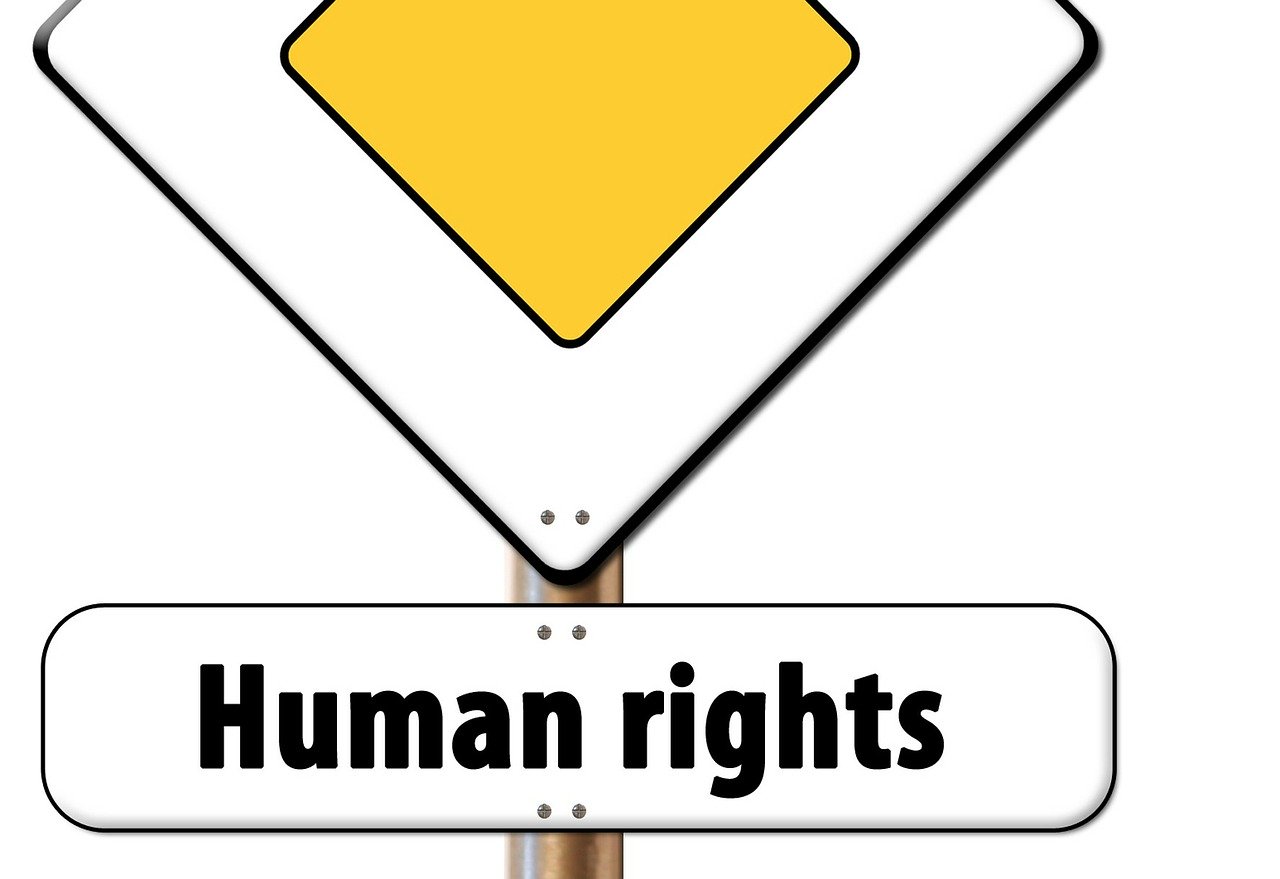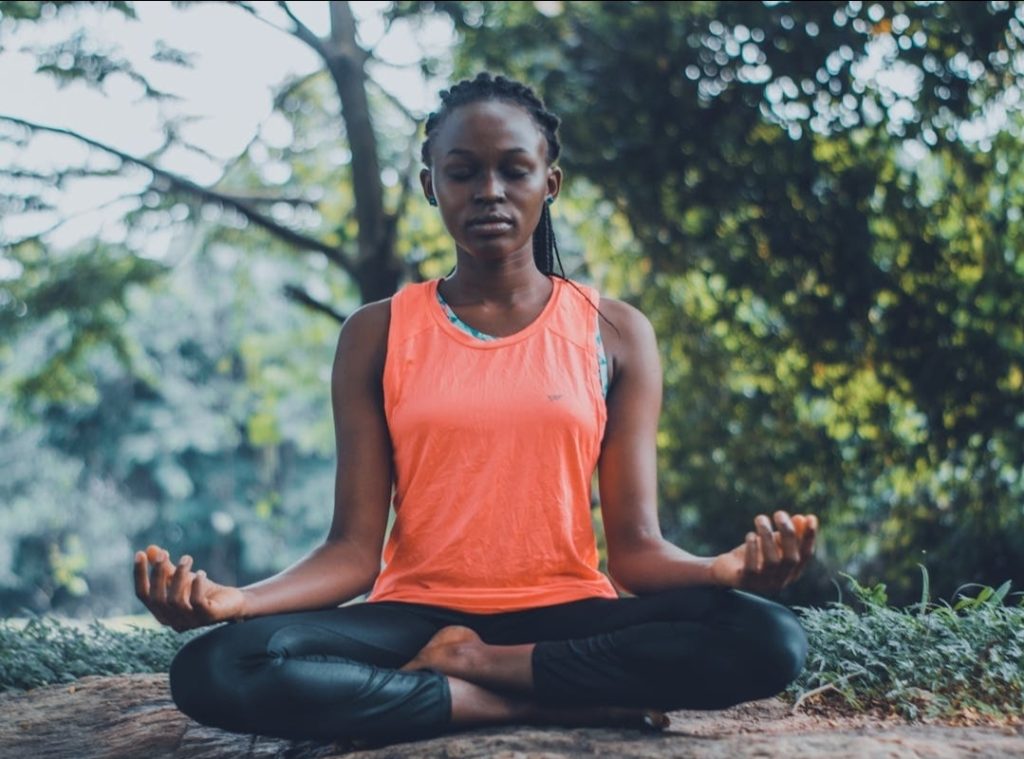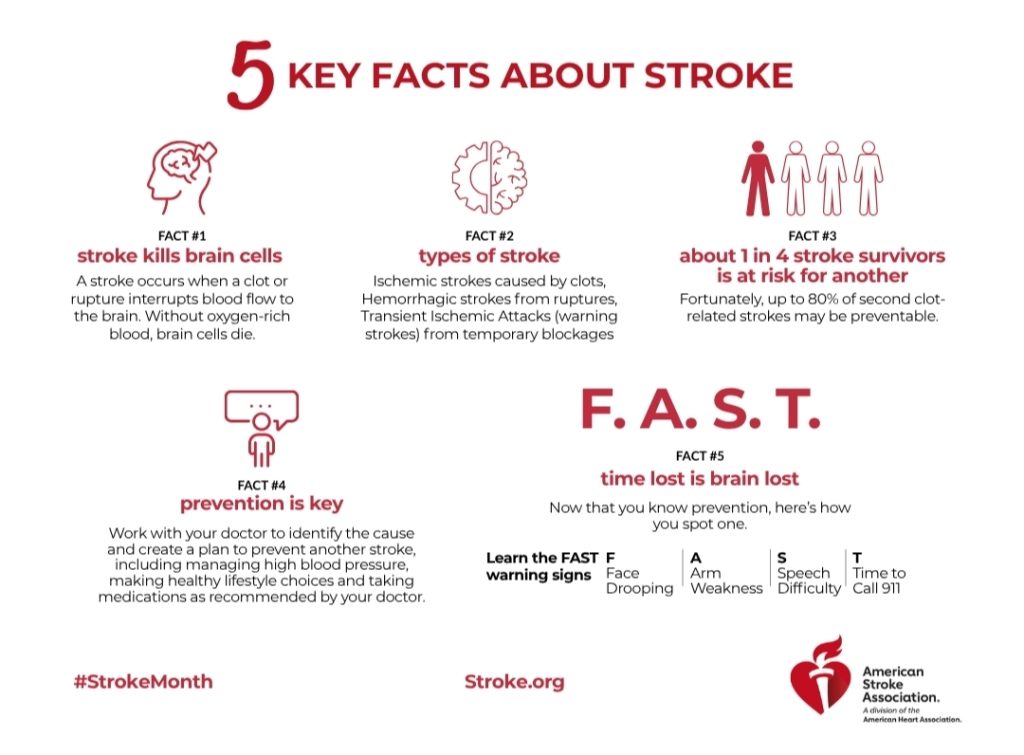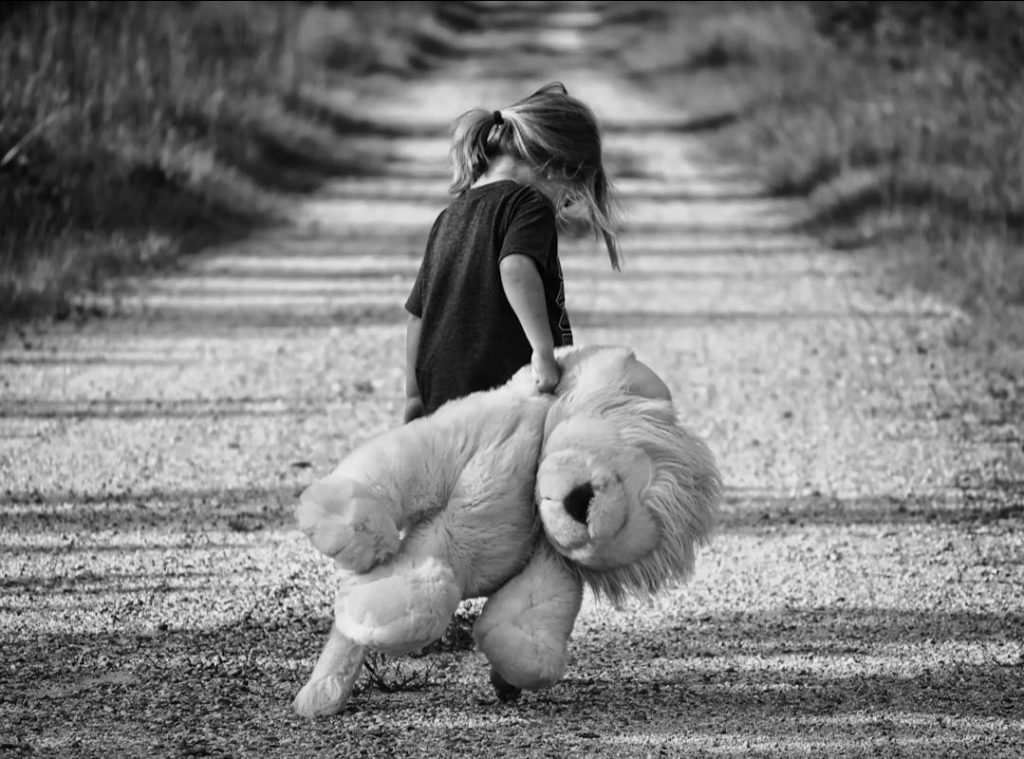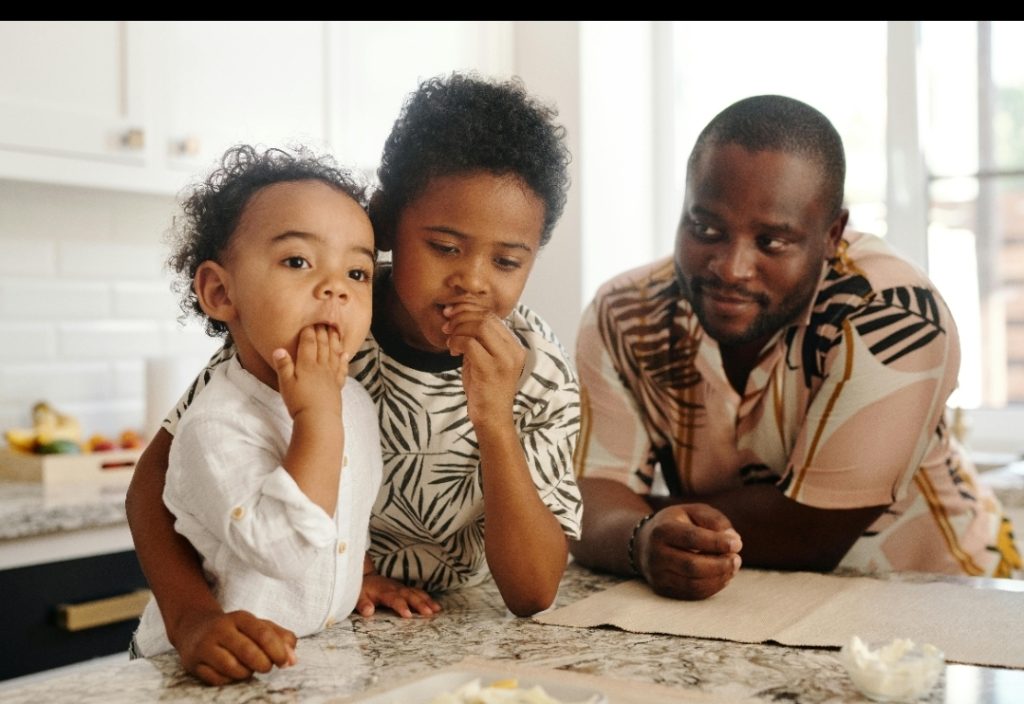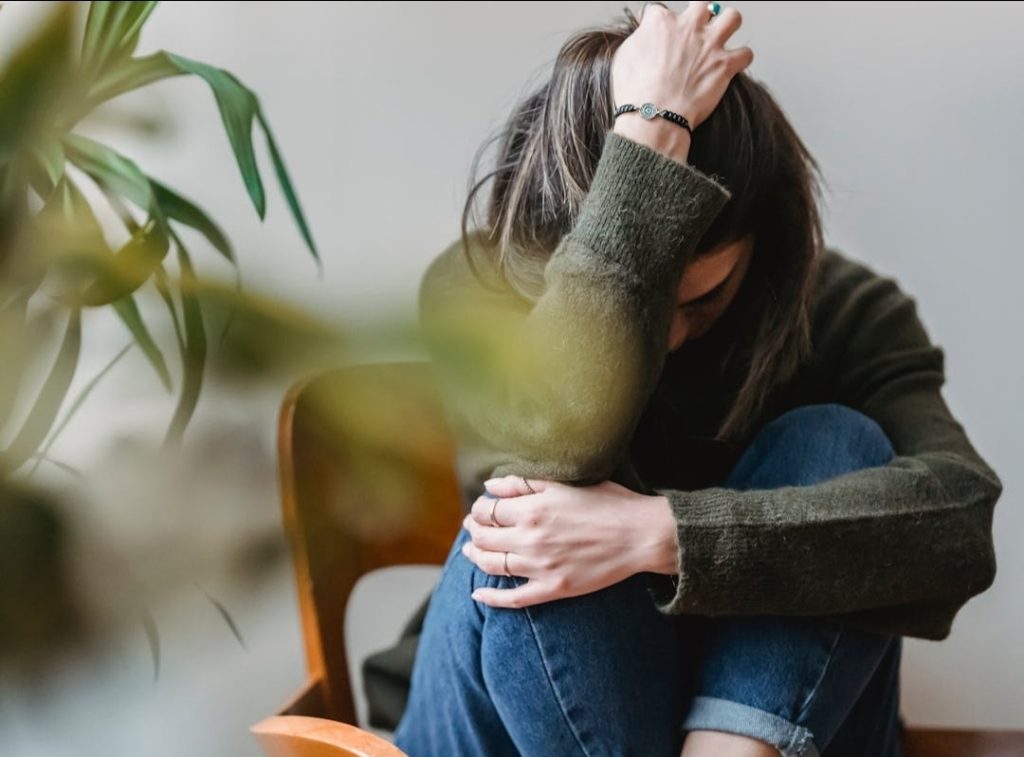The United Nations (UN) outlines their February 20th observance of World Day of Social Justice with this explanation: “Social justice is an underlying principle for peaceful and prosperous coexistence within and among nations. We uphold the principles of social justice when we promote gender equality or the rights of indigenous peoples and migrants. We advance social justice when we remove barriers that people face because of gender, age, race, ethnicity, religion, culture or disability.”
Social justice looks to a time when respect and freedoms are simply basic human rights.
The designated day began in 2009 to spotlight the aspects of social injustice throughout the world and to seek solutions and improvement. The UN definition of Social Justice targets any improper exclusion and instances of poverty fueling economic harm or social ostracism. The day exhibits media campaigns to raise awareness on topics related to human rights, standing up for migrants, the disabled and the elderly along with promoting social justice between and within nations.
Specifically the United Nations recently committed to Social Justice by adopting the International Labour Organization (ILO) of the Declaration on Social Justice for a Fair Globalization, which seeks to guarantee fair outcomes for all peoples in employment, social protection, social dialogue, and fundamental principles and rights at work. The ILO states an estimated 2 billion people currently live in fragile and conflict-affected situations and an estimated 400 million are within the ages of 15 to 29. The IOL advocates for better quality of jobs along with better access to employment to assist the struggling people.
The most vulnerable victims of social injustice are children living in poverty. Often, they must make their own way in life without having their basic needs met and are denied access to education. Examples of the horrors of social injustice include children being sold into sex trades or born into servitude. Poverty creates the most vulnerable children and people, especially those who are undocumented.
The United Nations joins with governments and cultural systems to proclaim all children should be cherished and given opportunities to grow mentally and physically. They look for caring adults to actively participate in a child’s life and act immediately upon learning a child is abused or victimized. They work to engage safe shelter and medical care in addition to legal resources to defend a child’s rights or find a missing child. The programs extend to foster care when a child lives in an unhealthy environment, guidance for adolescents struggling with alcohol and counseling, training and job opportunities to assist the parents.
The programs, outreach and initiatives seek to overcome the basic disrespect of human rights. The message clearly declares all people are entitled to social protection and social order where all human beings’ rights are respected, and their freedoms can be fully realized.
Our Her Nexx Chapter Community invites you to join us where women are connecting with each other’s stories, exploring different experiences, and transforming ideas.
The Future of Connection for Women
About Our Author
- National Thesaurus Day: The Book That’s a Major Asset to Anyone Who Writes - January 18, 2025
- Lung Cancer Awareness Month: Know the Subtle Signs of This Silent Killer - December 23, 2024
- National Day of the Horse: How Riding Leads to Connection and Camaraderie - December 20, 2024
Follow us:

